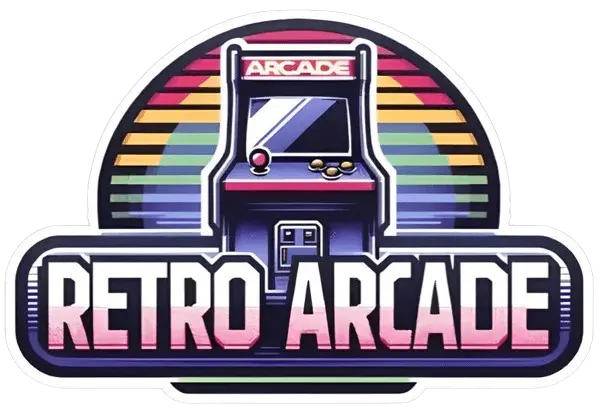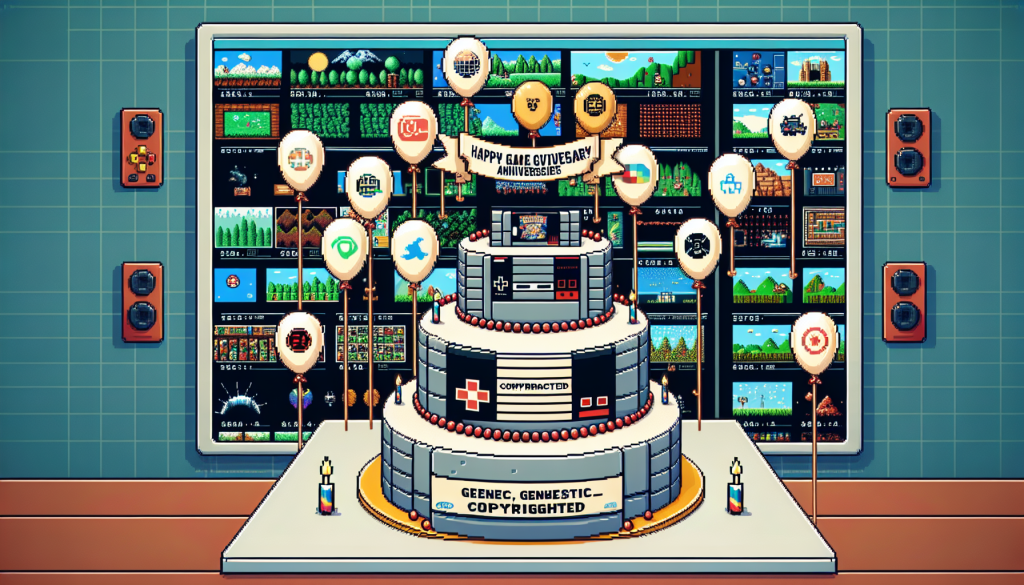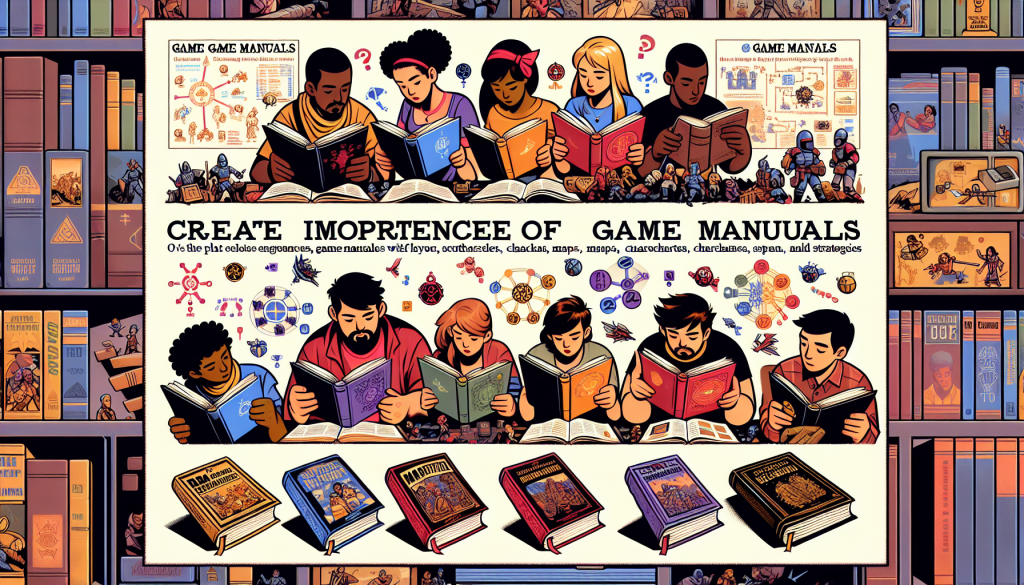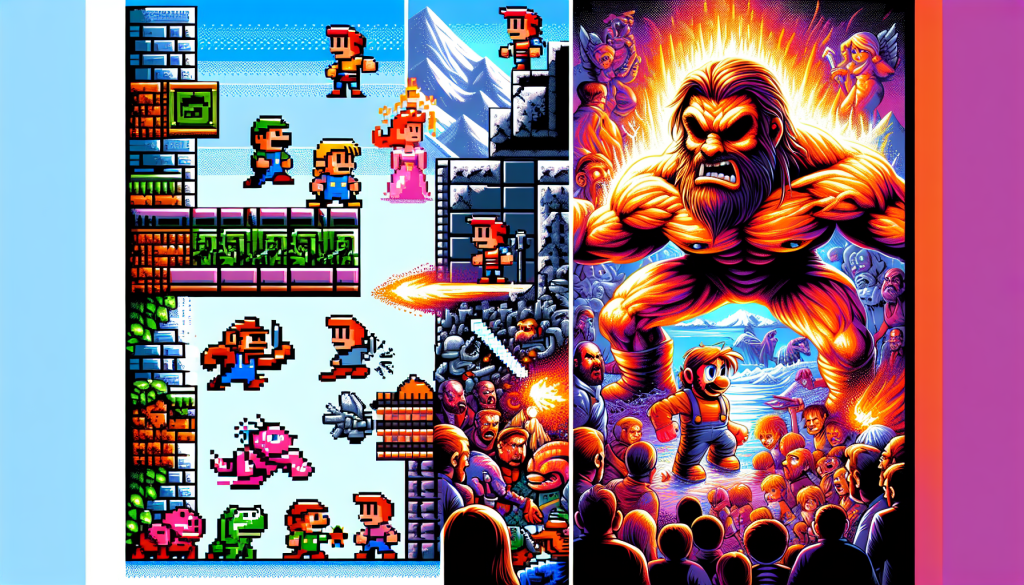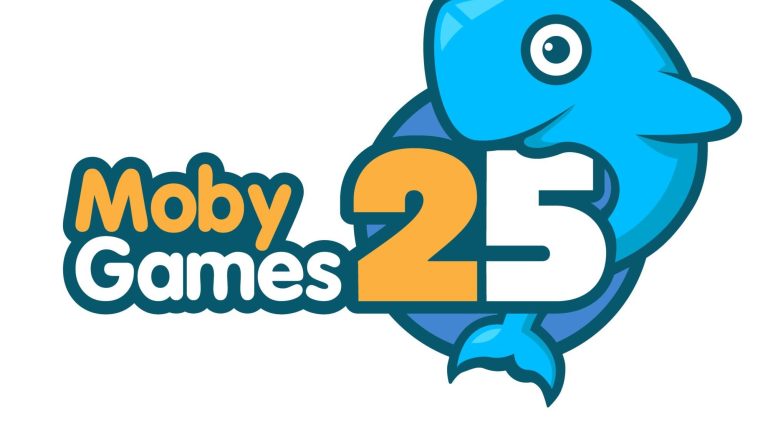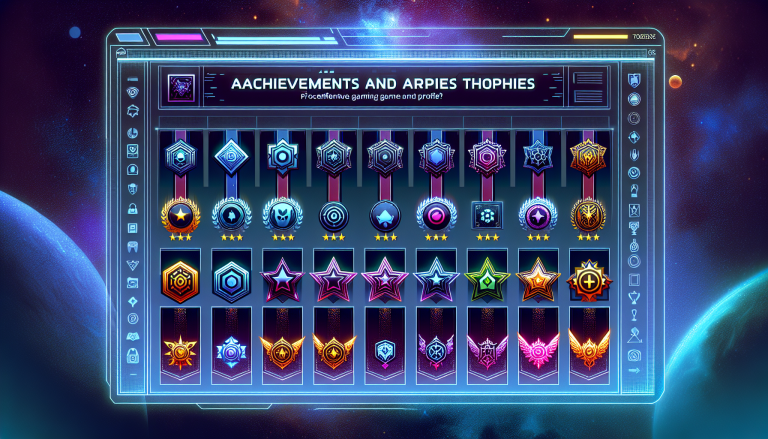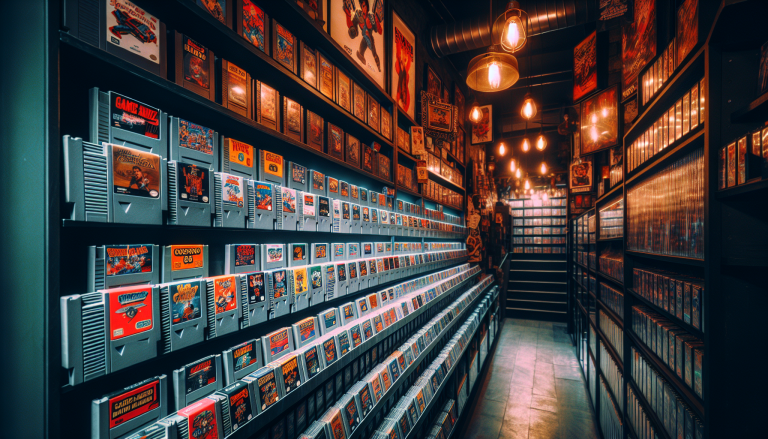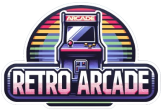The Evolution of Music in Gaming: Understanding Its Roots
Who can forget the catchy jingle of Super Mario or the haunting melodies of the Final Fantasy series? It’s hard to imagine, but there was a time when gaming was devoid of such sonic accompaniments, a stark contrast to the rich audio landscapes we now enjoy.
The Silent Beginnings
Picture this: it’s the 1950s, and the world’s first video games start to emerge. These games, like Pong and Spacewar!, were silent, their graphics simple and their gameplay rudimentary. Despite their lack of audio, they marked a leap forward in entertainment technology.
Fast-forward to the 1980s – the era of arcade games. This is where we start to hear the first inklings of music in games. Those sounds you heard when your Pac-Man gobbled up a power pellet? That’s the early stages of gaming music.
The 8-bit Revolution
The real evolution of music in gaming began with the introduction of 8-bit music during the late 1980s and early 1990s. This was the birth of the chiptune, electronic pop music produced using the sound chips of vintage computers and video game consoles.
- The Legend of Zelda and Mega Man were among the first games to feature chiptune music. These soundtracks, characterized by their distinct electronic melodies, added another dimension to gaming, enhancing the overall player experience.
The Rise of the Orchestral Scores
By the late ’90s and early 2000s, technological advancements allowed for more complex audio processing in games. This opened the door to the incorporation of orchestral scores, creating an immersive gaming atmosphere that was emotionally engaging.
- Games like Final Fantasy and Halo moved away from the electronic sounds of the ’80s and ’90s, instead opting for full-on orchestral pieces. These scores created a whole new level of immersion, matching the cinematic aesthetic of the games.
The evolution of music in gaming is a fascinating journey, from the humble bleeps and bloops of the 8-bit era to the sweeping orchestral scores we enjoy today. As we delve deeper into the digital age, who knows what the future holds for music in gaming? One thing’s for sure: with technology advancing at an unprecedented pace, we’re in for some interesting surprises.
Gaming Soundtracks: A Catalyst for Music Industry Innovations
When we delve into the world of gaming, it’s hard not to notice the significant role music plays. It’s not just about background noise or atmospheric sound anymore; gaming soundtracks have evolved to become a pivotal component of the gaming experience. They’re shaping the future of the music industry in ways that were unimaginable a few decades ago.
The Evolution of Gaming Music
From the simple bleeps and bloops of arcade games in the 70s to the full orchestral scores of modern AAA titles, gaming music has come a long way. It’s no longer just an accessory but a driving force that enhances the gaming experience, sets the mood, and even drives the narrative.
The Innovation Catalyst
One of the key ways gaming soundtracks have spurred innovation in the music industry is through their interactivity. Unlike traditional music, which is linear and passive, gaming music often changes based on the player’s actions, decisions, or even their in-game location. This dynamic aspect of gaming music has pushed musicians and composers to think outside the box and explore new techniques and technologies.
The Industry Impact
- Music Production: The demand for high-quality, immersive soundtracks has led to advancements in music production techniques and software, pushing the boundaries of what’s possible in music.
- New Revenue Streams: With the rise of eSports and streaming platforms, gaming soundtracks have emerged as a lucrative new revenue stream for composers and musicians.
- Emerging Genres: Gaming has given rise to new musical genres and sub-genres, influenced by the diverse range of game themes and settings.
The Changing Landscape
Gaming has even begun to influence how we consume and discover music. Platforms like Spotify now have dedicated sections for gaming soundtracks, and there’s a growing trend of popular artists contributing to game scores. This crossover has not only broadened the reach of both industries but has also blurred the lines between them.
It’s clear that gaming music isn’t just about adding a bit of atmosphere to your virtual adventures. It’s a powerful tool that’s driving change and innovation in the music industry. So, next time you’re immersed in a game, take a moment to appreciate the music. It’s not just sound; it’s a revolution.
The Intersection of Gaming and Music: Cultural and Economic Impacts
The relationship between music and gaming is much like a perfect symphony – each element enhancing the other to create a captivating masterpiece. This intersection has brought about significant cultural and economic shifts in the entertainment industry. Let’s delve into the cultural and economic impacts of this captivating union.
Cultural Impacts
Many of us associate the word ‘gaming’ with iconic soundtracks that transport us into the heart of the adventure. Music, in this context, goes beyond being a simple background score. It shapes the gaming experience and contributes to the game’s cultural identity.
- Consider the memorable melodies of games like Super Mario and Legend of Zelda. These soundtracks have become integral to popular culture, with fans worldwide humming the tunes and even creating their own versions.
- Music in games also has a role in transcending cultural boundaries. The language of music is universal, enabling games to touch hearts globally, regardless of language or regional barriers.
We see an increasing number of music concerts dedicated purely to gaming soundtracks. It’s like a cultural phenomenon where the world of gaming and music intersect, bringing people together in celebration.
Economic Impacts
On the economic front, the blend of music and gaming has opened a whole new avenue for revenue. It’s a win-win situation where game developers and the music industry both profit.
- Increased Sales: An exceptional soundtrack can catapult a game’s popularity, driving up sales. It’s not uncommon for gamers to purchase soundtracks separately, contributing to additional revenue.
- New Job Opportunities: The demand for skilled composers and musicians in the gaming industry has soared, leading to the creation of new jobs and opportunities.
Moreover, the gaming industry has also become a lucrative platform for music artists to reach a broader audience. Many prominent musicians and bands have collaborated with game developers, contributing to the game’s soundtrack and, in return, gaining immense exposure.
Let’s not forget the rise of music-based gaming. Games like Guitar Hero and Just Dance have revolutionized the way we interact with music, creating a fresh market that fuses entertainment and exercise.
So, the fusion of music and gaming has not only enhanced the gaming experience but also had far-reaching impacts on our culture and economy. It’s a fascinating intersection that continues to evolve, promising exciting innovations down the line.
Case Studies: Successful Incorporation of Music in Gaming and Its Broader Influences
When we discuss music and gaming, several ingenious combinations spring to mind that have left an indelible impression on both the music and gaming industry. Let’s delve into a few of these exceptional game soundtracks that have set the bar high for future innovations.
The Legend of Zelda: Ocarina of Time
The Legend of Zelda: Ocarina of Time, a classic from Nintendo, remains an epitome of musical brilliance in the gaming world. The game ingeniously weaves music into gameplay, with the protagonist, Link, playing an ocarina to cast spells or solve puzzles. The soundtrack, composed by Koji Kondo, is an enchanting blend of ambient, orchestral, and choral elements, enhancing the emotional depth and excitement of the adventure.
Red Dead Redemption
The open-world Western game, Red Dead Redemption, boasts a soundtrack that brilliantly captures the essence of the Old West. Composed by musicians like Bill Elm and Woody Jackson, it’s a mix of ambient sounds, guitar riffs and melancholic tunes that create an immersive experience. The game even bagged the award for Best Original Score at the 2010 Spike Video Game Awards, demonstrating the significant impact of music on a game’s success and popularity.
Grand Theft Auto: Vice City
When it comes to music setting the mood, Grand Theft Auto: Vice City offers a master class. The game is set in the 1980s, and its soundtrack—comprising hits from the era—perfectly sets the tone. The result: players feel like they’ve been transported back in time. This is a fantastic example of how a carefully chosen soundtrack can augment a game’s narrative and offer players a fully immersive experience.
- Final Fantasy VII
Finally, no discussion of game music can be complete without mentioning the iconic Final Fantasy VII. Composed by Nobuo Uematsu, the sweeping, operatic score has left a lasting impact on fans and critics alike. Uematsu’s compositions, particularly “Aerith’s Theme” and “One-Winged Angel,” are so influential that Final Fantasy music concerts are held around the world, demonstrating the far-reaching influence of game music.
The successful incorporation of music in these games has not only enhanced the gaming experience but also broadened the influence of gaming music, crossing boundaries into the broader music industry and pop culture. These soundtracks have been lauded for their creativity, innovation and the immersive experience they provide, cementing the integral role that music plays in the world of gaming.
